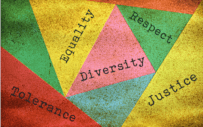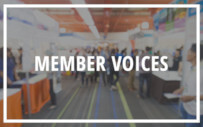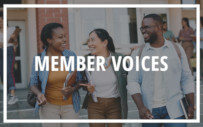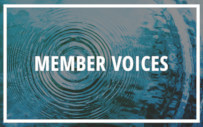
Networking is a valuable tool for students that offers both career exploration and access to opportunities, particularly in a competitive job market. To get the most out of its networking events, USC Viterbi School of Engineering Career Connections has taken them through several iterations to reach their current format.

There are two types of people in the world of career services: people who know about JLD and those who have not heard about it yet. It is a tad obscure and vague; however, it can have a significant impact on a student’s educational journey and pathway to career success.

The Center for Career Development at the University of Charleston is working to engage employers by transforming transactions into relationships.

Some career centers are seeking ideas for appreciation gifts that are unique, useful, and cost-effective that can be handed out to recruiters during on-campus events.

Part of the mission of UNH CaPS is to help employers establish or enhance employers’ work around diversity and inclusion by providing them with resources, consultation, and recognition.

While the COVID-19 pandemic caused many adjustments to the ways career services offices operate, they did not make substantial changes to their employer relations strategy.

While many schools have seen fewer students attend both virtual and in-person career fairs, schools must consider other options to foster employer-student relationships.

When working with employer partners, career services teams must keep in mind that career centers are not staffing agencies and student needs must come first.

Over the last two years, the nature of employment has shifted, and college career services may need to adjust to more closely align with these changes.

This case study discusses ethical considerations when an employer seeks to connect with specific student populations through the career center in order to enhance diversity recruitment efforts.